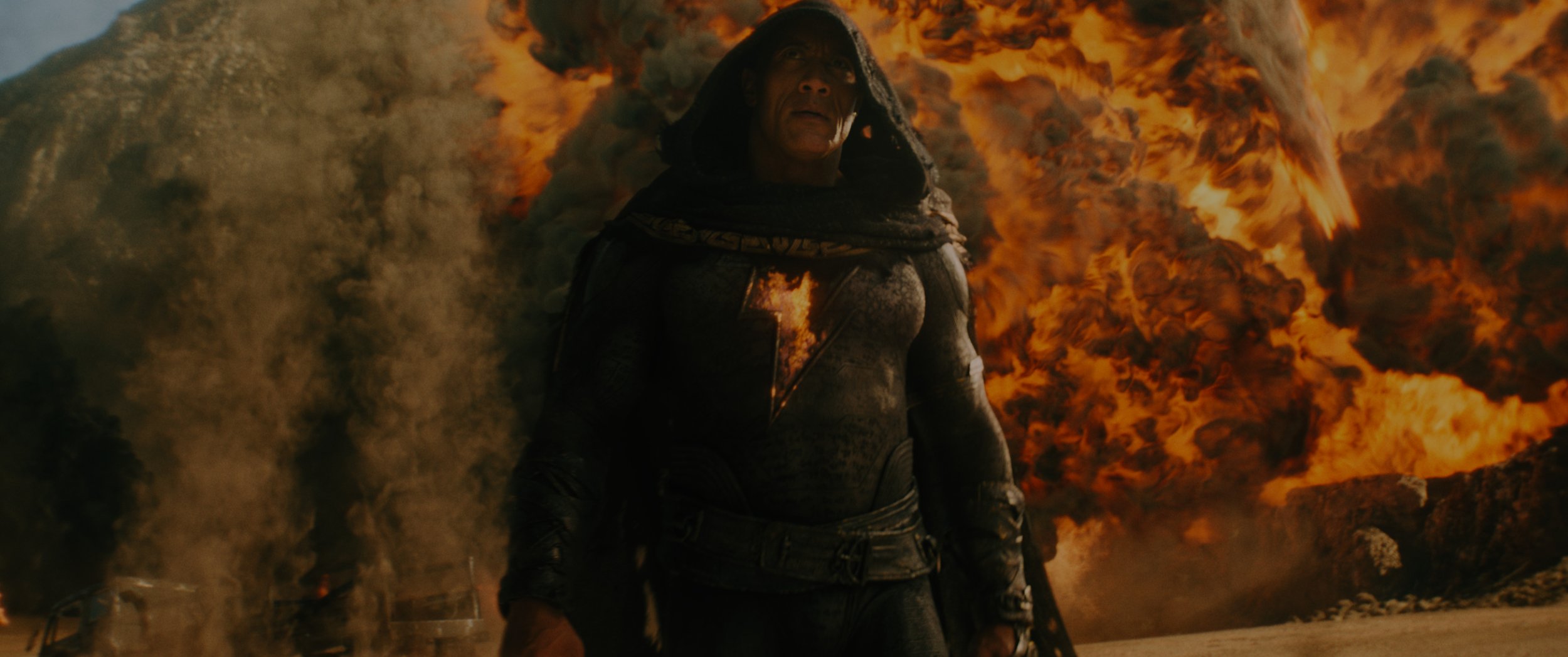Review: 'Till' is a vital, tough drama about a brutal lynching and the birth of a civil-rights icon
Director Chinonye Chukwu’s “Till” is, like her 2019 breakout “Clemency,” essential viewing but not pleasant viewing — as it makes us recall one of the most notorious lynchings in American history, and reminds us that the injustice suffered then hasn’t all magically gone away.
The member of the Till family profiled in this drama isn’t, as one might suspect, Emmett Till, the smiling 14-year-old Chicago kid who went to visit his cousins in Mississippi and was beaten and killed because he — allegedly — whistled at a white woman. That teen, played by Jalyn Hall, is depicted as a gregarious, happy kid, who learns, quickly and too late, that Black people in Mississippi have to live a quieter, more subservient life than those up north.
The story being told here — with Chukwu rewriting a first draft by Michael Reilly and Kevin Beauchamp — is centered on Emmett’s mother, Mamie Till-Bradley, played brilliantly by Danielle Deadwyler. Mamie is a single mom, ever since Emmett’s father died while serving in World War II, except for a brief second marriage (barely mentioned here). She works in the secretarial pool of a Chicago company, the only Black woman employed there. Her future third husband, Gene Mobley (Sean Patrick Thomas), is still her boyfriend, and their relationship is conducted under the watchful eye of Mamie’s mother, Alma (Whoopi Goldberg).
Then comes word from Money, Mississippi, that Emmett has been killed. At first, Mamie isn’t given the space to properly grieve, as Emmett’s death is taken up as a rallying cry by the NAACP. In short order, though, Mamie takes charge, telling the NAACP lawyers who are handling the case that she wants to go to Mississippi to see her boy’s body and bring it back to Chicago for a proper funeral.
It’s at this point that Mamie makes a crucial, historic decision: She invites a photographer in to take pictures of Emmett’s beaten, bloated, mangled body. “I want them to see what Mississippi did to my boy,” she declares — and the photos, first in Jet magazine and then disbursed everywhere, become a wake-up call for white America about the horrors of lynching and vigilante action.
The second half of the movie focuses on the trial of the two white men accused of killing Emmett — one of them the husband of the store clerk (Haley Bennett) so offended by Emmett’s behavior. It’s made very clear that justice will not be served in this courtroom, between the racist sheriff and the all-white jury. But Mamie stands her ground, bearing witness to her son’s death and standing as a reminder of his life.
Chukwu also takes us behind the scenes, as Mamie moves from grieving mom to crusading civil-rights speaker, and here’s where the real action happens. She confers with Dr. Howard (Roger Guenveur Smith, who makes a delicious meal out of his one scene), the rich Black benefactor who gives up his house as an NAACP command center. And she has conversations with two young volunteers, Medgar Evers (Tosin Cole) and his wife, Myrlie (Jayme Lawson), who will themselves become activists and targets.
Chukwu’s sensitive direction takes care not to exploit Emmett’s death — the actual beating is in a far-off building, Emmett’s screams muted by distance — but to follow Mamie’s wishes and show the aftermath. Chukwu knows the real emotion in this story is captured by keeping the camera on Deadwyler’s Mamie.
Deadwyler (who played a Black LDS pioneer in the 2018 drama “Jane and Emma”) owns this movie, infusing her portrayal of Mamie with the appropriate amounts of pain, grief and righteous anger — all of them on display in a courtroom scene that will be excerpted on awards shows well into next year.
Like many movies on horrific subjects, “Till” is not an easy sit — and in another time, it would be the sort of movie people will watch once, then never need to see again, because the story it tells is indelible. Considering how many people would like to pretend what happened to Emmett Till wasn’t important enough to teach in schools, seeing “Till” once may not be enough.
——
‘Till’
★★★1/2
Opens Friday, October 28, in theaters everywhere. Rated PG-13 for thematic content involving racism, strong disturbing language and racial slurs. Running time: 130 minutes.







